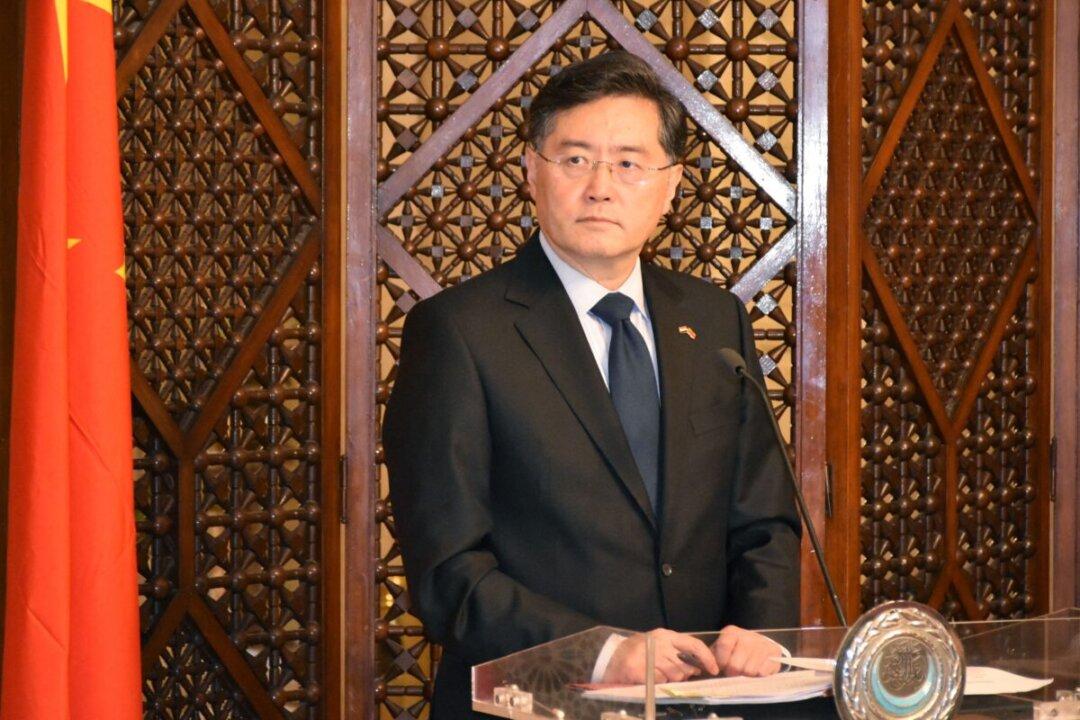News Analysis
China’s new Foreign Minister Qin Gang is showcasing to the public a “soft” style of diplomacy that is starkly at odds with the hawkish tone of his recent predecessors.

China’s new Foreign Minister Qin Gang is showcasing to the public a “soft” style of diplomacy that is starkly at odds with the hawkish tone of his recent predecessors.